Computational Fluid Dynamics (CFD) Blog Posts
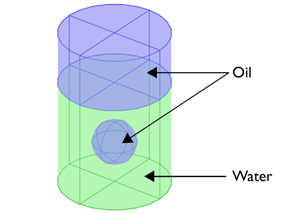
CFD Applied to Two-Phase Flow, an Italian Dressing Simulation
The fact that oil and water don’t mix is something that you are probably all familiar with. At one point or another, you’ve most likely noticed what happens when you shake a bottle of say, Italian salad dressing, and the liquids mix momentarily, only to become separated again within seconds as oil bubbles rise to the surface. Creating a simulation describing how these two immiscible fluids interact is a great way to introduce computational fluid dynamics (CFD) applied to two-phase […]
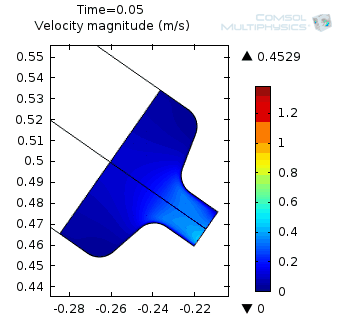
Non-Newtonian Fluids: The Pouring Ketchup Quandary
If you enjoy ketchup with your food, there’s a good chance you’ve experienced what we’ll call here the all-or-nothing ketchup quandary. You know, that moment when you reach for a new glass bottle of ketchup, remove the cap, and turn the bottle practically upside down — and then nothing happens. Intuitively, you shake or tap the bottle, and then suddenly your food is completely coated in ketchup (unless your reflexes are really good, of course). In this blog post, we […]
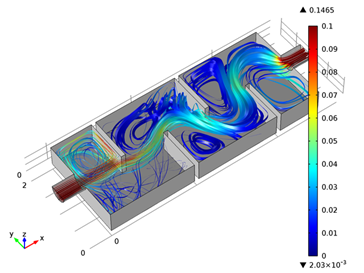
Water Purification Using Ozone
Water purification is the process by which chemicals, contaminants, and sediments are removed from dirty water to make it clean, and there are many processes through which this can be done. What you might not know, is that ozone molecules can be used as a means of disinfection in the purification process. “Ozonation” has been used to purify water, kill germs and bacteria in food, and even get rid of bad smells. Not only does ozonation provide clean water without […]

Upgrading the Nuts and Bolts of the Electrical Grid
The electrical grid describes the network created for producing electricity, transmitting it and delivering it to the consumers. A “smart grid” is an electrical grid that gathers information on the suppliers and consumers automatically to improve efficiency and sustainability in the system. As the automated technology improves, the hardware that physically connects the electrical grid together must improve as well. This hardware, the “nuts and bolts” of the grid, is comprised of transformers, cable joints, terminations, bushings, and fault current […]
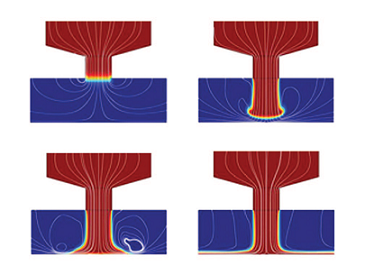
Fluid Flow: Smooth Optical Surface in Minutes
Ultra-precise optical components require blemish-free surfaces that often cannot be achieved by the machining processes that grind these components. Fluid jet polishing (FJP) is a new technology being developed by Zeeko Ltd to replace the hand polishing that was often required. With the help of COMSOL, Zeeko was able to create a product that polishes the optical components in only ten minutes instead of an entire day, and without waveforms.
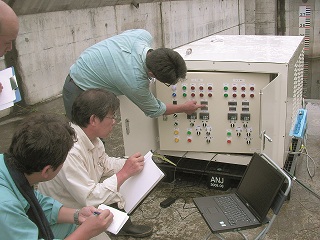
Injectable Microbubbles in Hydrology and Healthcare
Microbubbles filled with oxygen can be injected into contaminated lakes to restore the water quality. Typically, water is purified via water-treatment plants, but this microbubble technique is both inexpensive and more environmentally-friendly in comparison. As seen in a COMSOL News 2011 article, oxygen microbubbles are a researcher’s way of copying nature’s own self-restoration mechanism for cleaning contaminated lakes.
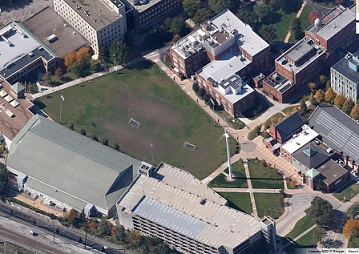
Wind Turbines in Urban Settings a Reasonable Idea
If I asked you to envision a wind turbine, odds are you’d picture a wind farm in some remote location. With good reason; that’s commonly where they are found. If you’re a student or faculty of Case Western Reserve University, on the other hand, you might think of the wind turbine you have on campus. Does it make sense to set up wind turbines in urban settings? These two researchers suggest that it does.
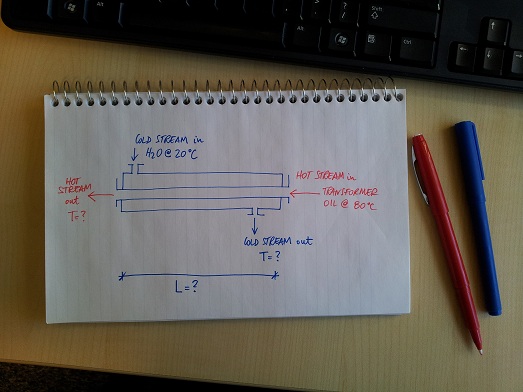
Efficient Heat Exchanger, it’s all in the Pipes
Nature is full of counter-intuitive phenomena; I’m fascinated by everyday examples like the one we talked about this summer, sinking bubbles in a pint of Guinness, but I have to say that engineering has its fair share of such examples too. The concept of heat exchange in coaxial pipes struck me as a student, as it showed me the relentless tinkering attitude typical of engineers wanting to optimize their design. In this kind of heat exchanger both streams, hot and […]
